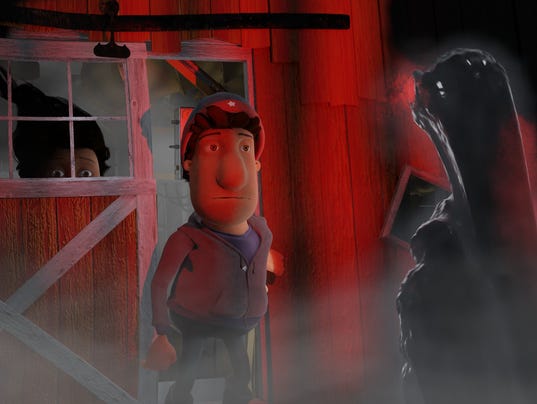For those interested in what in-person teaching might look like this fall, here is an account from a professor who has been teaching in that setting this summer.
Experiencing COVID-Style Classroom Teaching
By Christine I. McClure July 22, 2020 from Inside Higher Ed
I’m not going to lie: COVID-19 scares me. But I’m a teacher. It’s not just what I do — it’s who I am. Plus, I have four kids to support, so I feel lucky to have a job, and I thoroughly enjoy it.
I love my university and my students, but it’s hard to balance that with my concern for my own children and my fears. I’m sure you are experiencing a myriad of emotions as well. I am teaching a summer course face-to-face and want to share my experience and observations with you. I don’t mean to frighten you but rather to prepare you if you are going to teach face-to-face in the coming months, as well.
When I first walked into my classroom after four months at home, it was surreal, but not just because it had been so long. The entire atmosphere felt different. It was as though the building — the very air — knew something was wrong. Read More
Have a teaching tip you’d like to share with your Middlebury colleagues? Email CTLR Director Jim Ralph at ralph@middlebury.edu. For additional faculty resources see go.middlebury.edu/ctlr including a list of past Teaching Tips.
